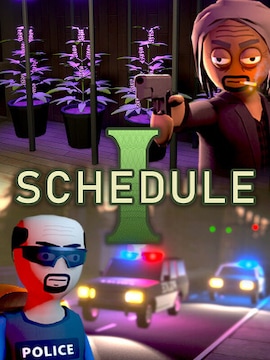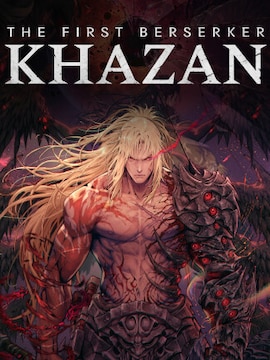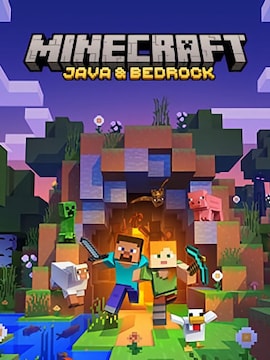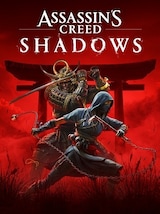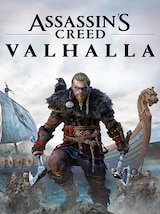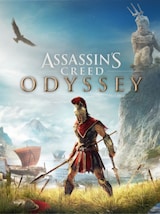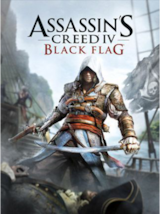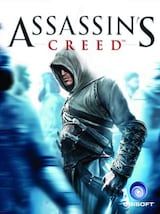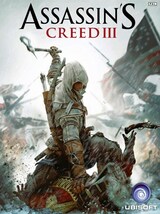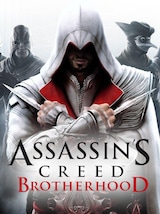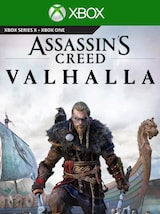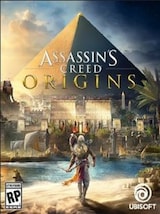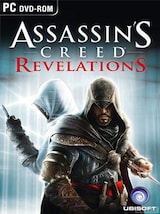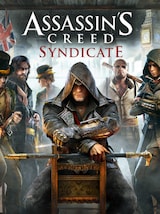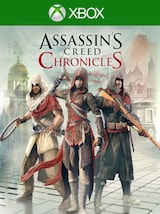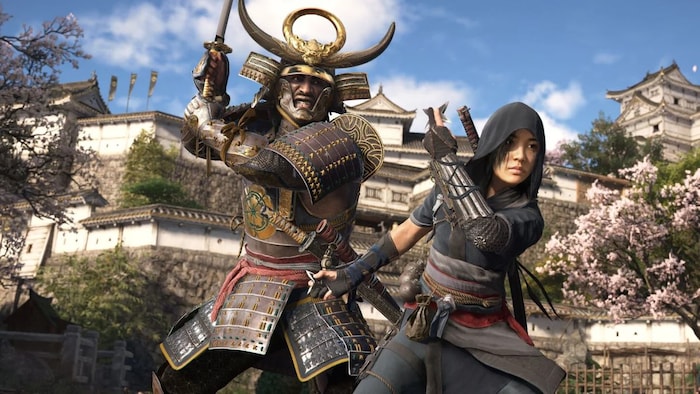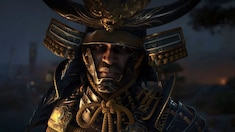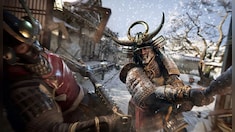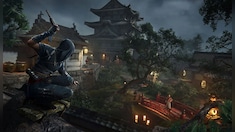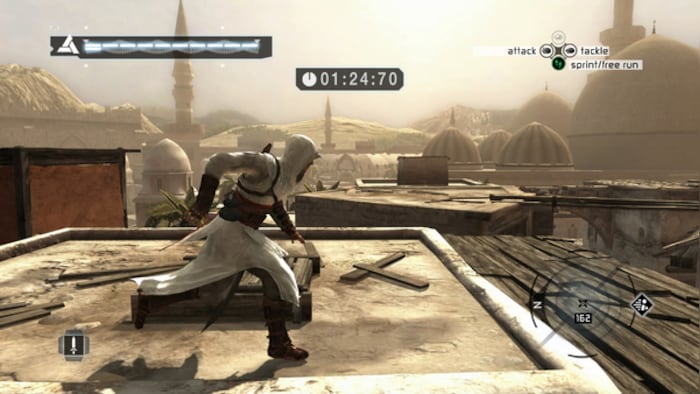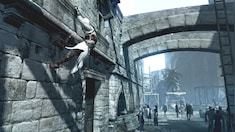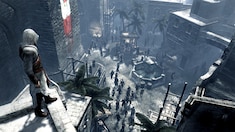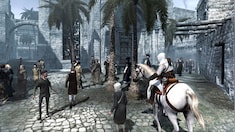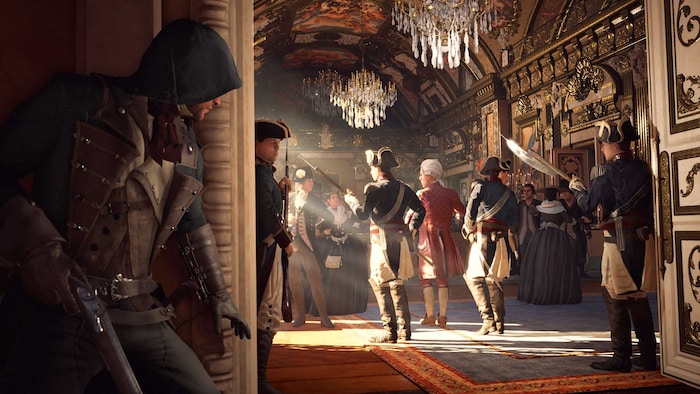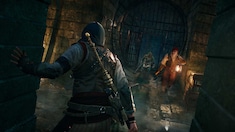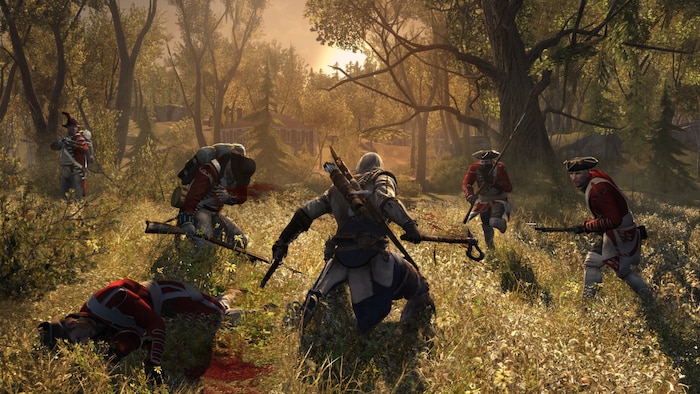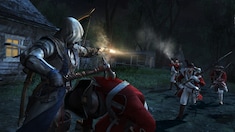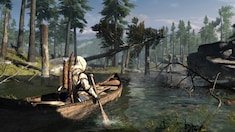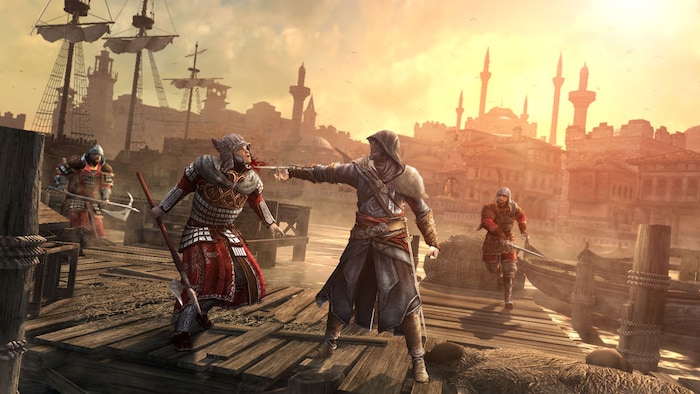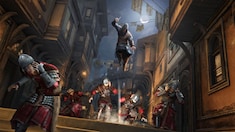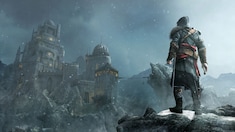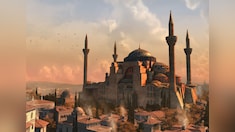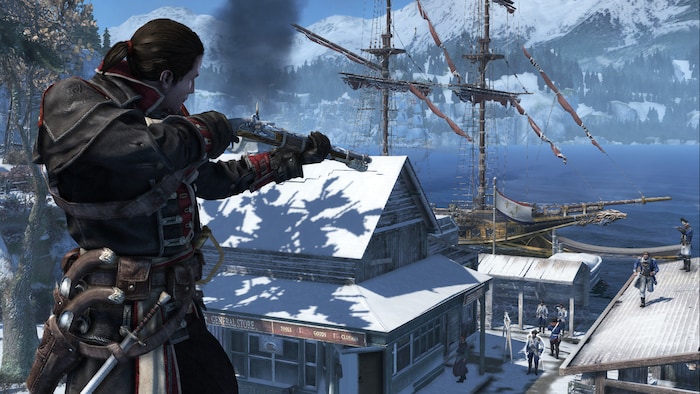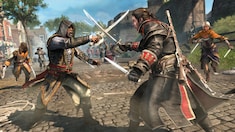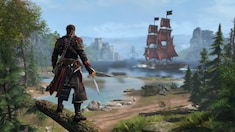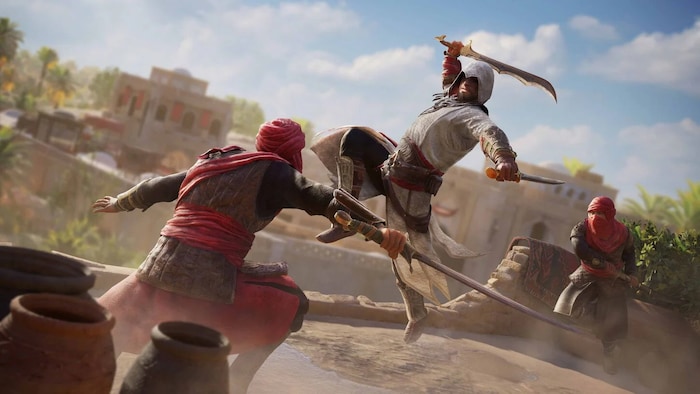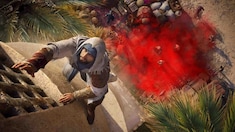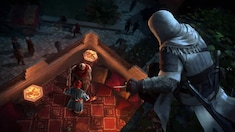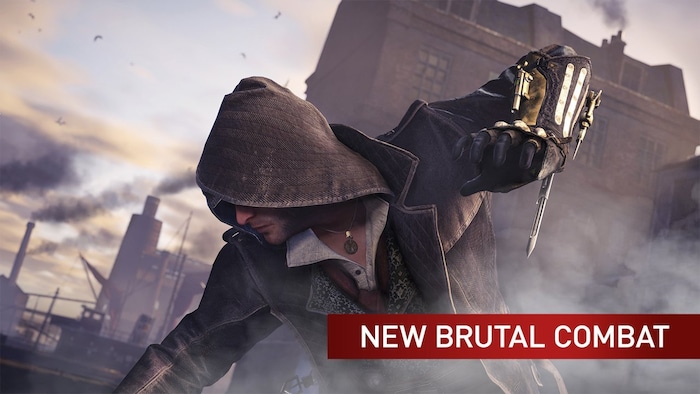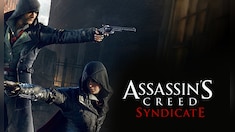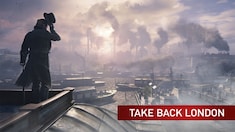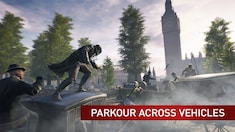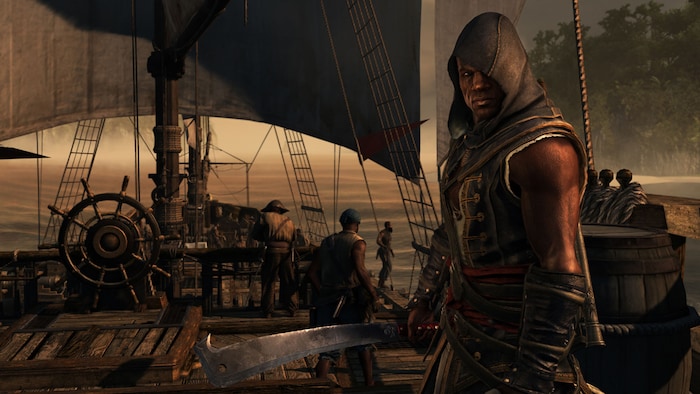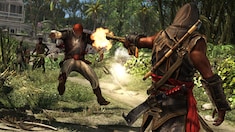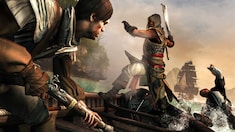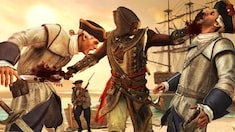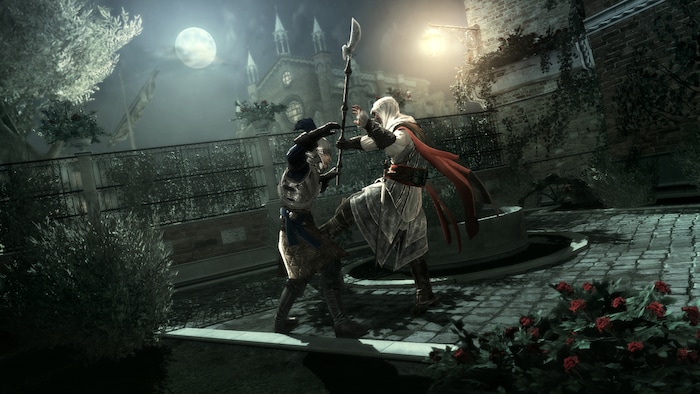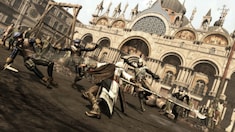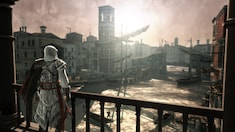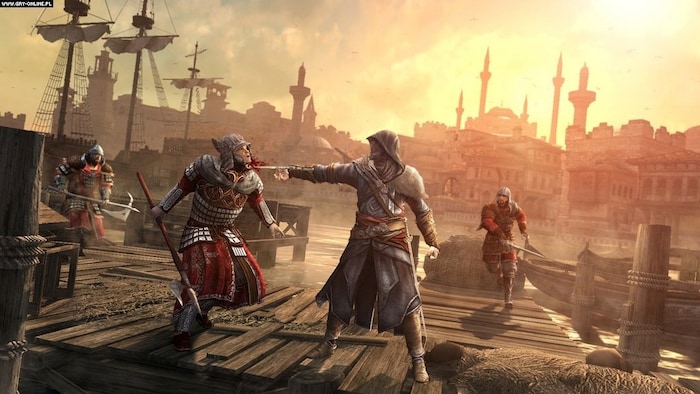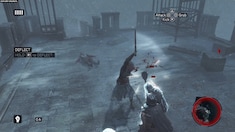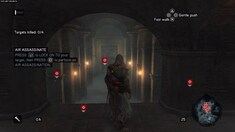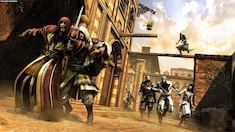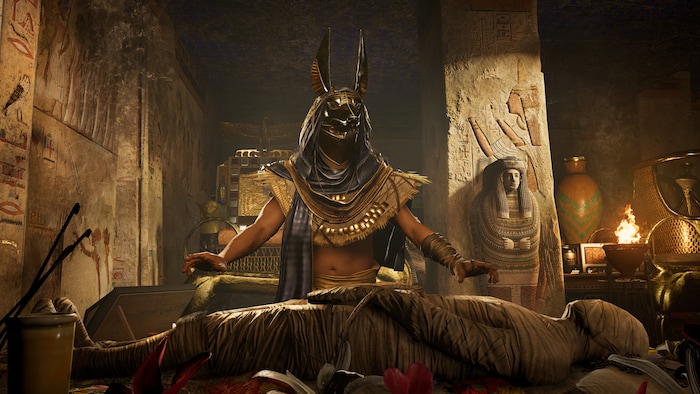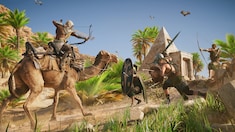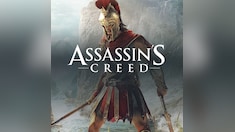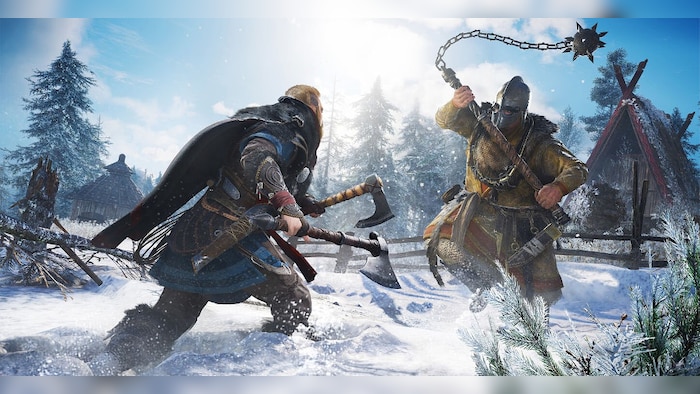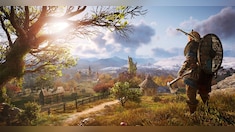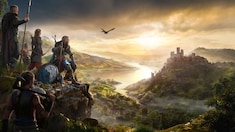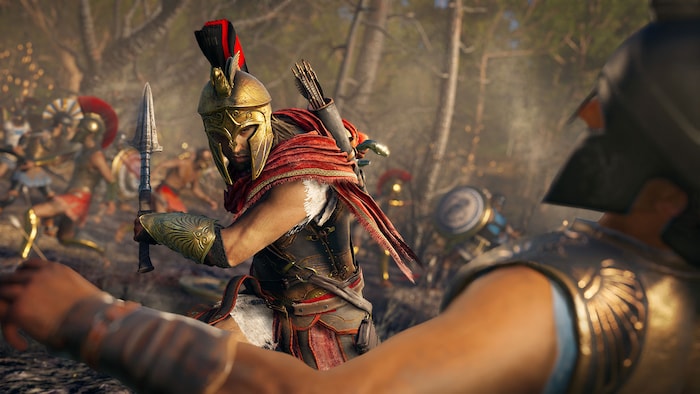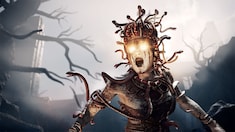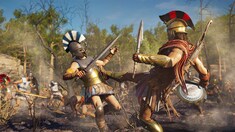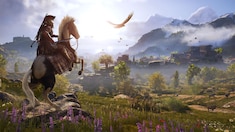One of the best video game series of all time, the Assassin’s Creed franchise has been praised for its combat system, fantastic visuals, great historical settings and awesome main characters. The series has influenced the genre and each game proved to be a massive hit and fan-favorite for many gamers.
But which Assasin’s Creed video game is the best in the entire saga? Read our summary of the series and find out which AC game will be ranked as the best one.
Assassin’s Creed games have been with us since 2007 (2008 if you’re a PC player), and there has been a staggering number of releases. The main series alone boasts over a dozen titles, and there are also several spin-offs depicting events somewhat separate from the core storyline. With so many titles to pick from, it might be quite daunting to pick something that will appeal to you.
As a result, we prepared a list of all core Assassin’s Creed games and arranged them from good to best, because there’s yet to be an actually bad AC game, especially once the patches start coming. For clarity, we have split the main series from spin-offs, because it would be unfair to the smaller games.
UPCOMING
Assassin's Creed Shadows
| Release date: | 2025 |
| Location: | Japan |
| Era: | Sengoku Period |
| Protagonist: | Yasuke & Naoe |
There is still a little bit of time left until the launch of Assassin’s Creed Shadows, so it doesn’t yet have a placement on the ranking itself.
It doesn’t mean there is nothing to talk about while we wait for launch. Shadows is taking the series to Sengoku-era Japan, and will feature two playable characters: shinobi Naoe, and Yasuke, a samurai inspired by/based on a historical figure from Oda Nobunaga’s court..
Naoe and Yaskue will have very different playstyles, with Naoe being more in the mode of the agile Assassins, while Yasuke serving more as the muscle, with powerful combat skills, but not much by way of stealth. The open world is said to be more dynamic and immersive, with mechanically meaningful season changes and less objective-filled map. Curiously, there will also be an espionage system available, letting you spend money on spies and bribes for extra intel.
Assassin’s Creed Shadows is set to launch on March 20th, 2025 for PS5, Windows, Xbox X/S, and even macOS and iPadOS. We’ll revise this section and put Shadows on the ranking once it’s been out for a while. There’s good chance the new game and its batch of new content will be a smash hit.
Already published
Assassin’s Creed
| Release date: | 2007 |
| Location: | The Holy Land |
| Era: | The Third Crusade |
| Protagonist: | Altair Ibn-La'Ahad |
OG Assassin’s Creed isn’t a bad game by any metric, but compared to the later entries it can feel like a proof of concept at times. Altaïr is a character with potential, although it was only realised in the later installments.
The key assassinations are great, but to get to them you need to perform repetitive tasks. The collectibles are weird and don’t contribute to anything, really. The parkour is great, though. Ubisoft hit the sweet spot right off the bat, and future installments really had to think how to come up with ways to improve or expand it. The “real life” side of the story is kind of uninteresting, too. There isn’t much to do, and Desmond doesn’t have enough personality to carry the story. AC is fantastic if you want to visit the Holy Land during the Third Crusade and just run around, dodging beggars, jumping between rooftops, and killing key historical figures, but otherwise, it’s a bit of a bore.
Assassin’s Creed Unity
| Release date: | 2014 |
| Location: | Paris |
| Era: | French Revolution |
| Protagonist: | Arno Dorian |
Unity got a ton of bad rep due to its release state, but after patches and fixes turned out to be quite a fancy trip to a Revolution-era Paris, with meticulously recreated famous monuments and places.
The story is quite engaging and dramatic, which is perfect given the tumultuous time during which the game is set. Overall Unity isn’t particularly important or innovative (despite the OK browser game Ubisoft cooked up to hype people for the release of ACU), so it ends up towards the low end of the list, above AC1 by virtue of having an energetic and dramatic narrative.
Assassin’s Creed III
| Release date: | 2012 |
| Location: | The American Northwest |
| Developer: | Years surrounding the American Revolution |
| Protagonist: | Ratonhnhaké:ton/Connor Kenway |
Assassin’s Creed 3 is the final chapter in the story of Desmond Miles, an unlikely and for the most part also quite unwilling hero of the “present day” plot. Meanwhile, the historical side of the game is a tale about a young man called Ratonhnhaké:ton taking part in the American Revolution.
Assassin’s Creed III wasn’t a bad game overall, but Connor turned out to be a somewhat sour follow-up for AC2’s flamboyant Ezio. This installment also had more filler activities, which could be seen as unnecessary and perfunctory. On the other hand, it introduced hunting and traps to the series. It was also revolutionary in that the super-agile assassins capable of climbing nearly any wall finally learned how to climb trees as well. There was the first appearance of naval combat as well, which was broadly praised and later used to a great effect in Black Flag. Assassin’s Creed III is a cool enough game, especially if you were engaged in Desmond’s story, or wanted a more taciturn protagonist after Ezio’s shenanigans.
Assassin’s Creed: Revelations
| Release date: | 2011 |
| Genre: | Constantinople |
| Era: | 1511 |
| Protagonist: | Ezio Auditore de Firenze |
The third and last installment of the Ezio saga is concerned with him discovering the keys to an Assassin repository of knowledge, hoping to end the war against Templars.
Despite Ezio’s undeniable charm (even in his fifties as he appears here), there’s no hiding the fact that generally, Revelations is mostly the same game as Brotherhood. The most notable exceptions are district defense missions and new tools: a hookblade which can be used on zip lines and during combat, as well as a variety of bombs. Like the previous titles in the Ezio trilogy Revelations has a great protagonist, and the characters he meets along the way are just as interesting and vivid, but neither the systems nor lore progress a lot, making this installment a pleasant, but non-essential adventure, albeit in a rarely explored locale.
Assassin’s Creed Rogue
| Release date: | 2014 |
| Genre: | Adventure |
| Developer: | Ubisoft Kiev |
Rogue was an interestingly odd one. Instead of playing one of the Assassin Brotherhood, we got to control a turncoat, who became disillusioned with the Brotherhood’s actions, joined the Templars, and started hunting his erstwhile brethren.
This entry gets a higher position than AC3 mostly because of that. It used many of the mechanics introduced by Black Flag, but its storyline was a complete change of theme and pace, which introduced some much-needed nuance to the lore. Rogue received little recognition, in no small part because of being released at the same time as AC: Unity, which is a questionable choice, and it robbed Rogue of attention it could have used.
Assassin’s Creed Mirage
| Release date: | 2023 |
| Location: | Baghdad |
| Era: | 9th Century |
| Protagonist: | Basim Ibn Ishaq |
Assassin’s Creed Mirage was supposed to be a DLC for Valhalla, but over time grew to be its own thing. It does, however, star a character from Valhalla: Basim Ibn Ishaq, an agent of the Hidden Ones, the Assassins’ predecessors. Mirage brought the series closer to its roots, not only though the return to the Middle East, but also by being much more focused on the assassinations, not unlike the older AC.
The game mostly takes place in Baghdad, split into for districts, with a few smaller settlements outside city walls, excellent if you feel like exploring. Stealth is promoted and there are still shards of RPGs bits present in skill trees and rather upgradeable gear, making Mirage somewhere in-between the classic AC and the post-Desmond entries. In general: a smaller, middle-of-the-road Assassin’s Creed.
Assassin’s Creed Syndicate
| Release date: | 2015 |
| Location: | London |
| Era: | Second Industrial Revolution/Victorian Era |
| Protagonist: | the Frye twins: Evie and Jacob |
AC: Syndicate was the first game in the series to feature two playable main characters, and it was arguably better for it. The protagonists are likable and the dynamic between them brings a lot of energy to the narrative, with Jacob being mostly an enthusiast of good old-fashioned fisticuffs, and Evie is the more stealth-inclined sibling.
The twins get to meet many of prominent historical figures which could be found during that time, like Florence Nightingale, Charles Darwin, Charles Dickens, and many more. Gameplay-wise, this installment puts emphasis on player-controlled progression. By performing various actions like air assassinations the twins gain experience, which translates into levels and skill points for unlocking new skills. The Rooks gang can be likewise upgraded, expanding somewhat on the mechanic known from AC: Brotherhood and Revelations. Overall Syndicate is a pretty cool game providing an interesting tour of a setting already familiar thanks to movies and books. There’s also a grappling hook, so there’s that.
Assassin’s Creed IV: Black Flag
| Release date: | 2013 |
| Genre: | The Caribben |
| Era: | The Golden Age of Piracy |
| Protagonist: | Edward Kenway |
AC4 dropped the sour tone of its mainline predecessor and took to the sunlit seas of the Caribbean on a swashbuckling pirate adventure occasionally overshadowed by the overarching plot of the franchise.
Edward Kenway (very enjoyably dubbed by Matt Ryan of Constantine fame) is an entertaining character to play, with a reckless attitude and a solid reputation among fellow pirates. Given its piratical theme, Black Flag made ships, and by consequence: naval combat a much greater focus than they were in AC3, although it dropped the ball with the boat-vs-boat stealth missions. Overall AC4: Black Flag is a thoroughly enjoyable game in a beautiful setting and a protagonist who is a considerable change of pace from the rough Ratonhnhaké:ton, his grandson.
Assassin’s Creed II
| Release date: | 2009 |
| Location: | Italy: Florence, Venice, Tuscany, Forli |
| Era: | Italian Renaissance |
| Protagonist: | Ezio Auditore da Firenze |
AC2 is in a way the first true Assassin’s Creed in the way we know them now. The present-day story is given more importance (and more things for Desmond to do), and the protagonist is much more likable than Altaïr as he was in AC1.
Ezio took the fanbase by storm, charming them with his attitude and his story was one of revenge and growth. It was also a delight to walk the streets of Italian cities at the height of the Renaissance, and meet the likes of Leonardo da Vinci along the way. There was also a side quest, which allowed Ezio to invest in the restoration of the town he lived in, Monteriggioni, making a rundown town alive again. As a reward, Ezio had a source of income as well as access to shops without the need to go to Florence. Overall Assassin’s Creed 2 remains an exceptionally enjoyable game despite the passage of years, and it was a true sign of the thing that were yet to come to the series.
Assassin’s Creed: Brotherhood
| Release date: | 2010 |
| Location: | Rome |
| Era: | Italian Renaissance |
| Protagonist: | Ezio Auditore da Firenze |
Brotherhood took the features of AC2 expanded on every one of them. Restoring Monteriggioni turned into rebuilding and renovating various ruins and shops around Rome, which also included fast travel tunnels.
Ezio became a leader of the Rome-division of the assassin brotherhood and could call for his acolytes’ aid during missions and send them on assignments across Europe. The story threads woven in AC2 were resolved, and Ezio’s beef with the Borgia family ran its course. Brotherhood was also the first installment to feature a multiplayer segment. It was a competitive stealth-based game of deadly hide and seek, framed as a Templar training program. Although the story can be seen as somewhat inferior (definitely less dramatic) than AC2’s, the raw gameplay is, in general, more satisfying. Especially the execution streaks in combat make Ezio look like the most dangerous man of his time.
Assassin’s Creed Origins
| Release date: | 2017 |
| Location: | Egypt |
| Era: | Ptolemaic period (49-47 BCE) |
| Protagonist: | Bayek |
In Origins the series decided to make a decisive genre jump from a straightforward action-adventure towards an action-RPG in the vein of The Witcher 3, albeit with less player choice.
Bayek turned out to be a great and likable protagonist, an approach which has never failed an Assassin’s Creed game before, and watching him and his wife Aya pave the way for the eventual rise of the assassin brotherhood is an interesting journey for veterans of the series. Origins also introduced aRPG-like loot, replacing a predefined arsenal of weapons from previous installments. The character progression from Syndicate was expanded upon and forged into three talent trees, focused on melee combat, ranged combat and sneaking, and traps and tricks exploiting the environment. Origins redefined the franchise for the new decade and introduced features which would make the next installment a success.
Assassin’s Creed: Valhalla
| Release date: | 2020 |
| Location: | Norway and England |
| Era: | the Viking conquest of Britain |
| Protagonist: | Eivor Varinsdottir (Male/Female) |
Vallhalla was the third AC to go fully in the direction of an action RPG, and after the Mediterranean adventures in Egypt and Greece it took the action up north, to England and Norway of the Viking Age. You’ll be playing as a Norse warrior named Eivor, who becomes not only a key part of their (Eivor i’s customizable) clan’s effort to resettle in England, but also get tangled up in assassin business.
Valhalla also went harder on the mythic elements which were already present in Origins and Odyssey, so you’ll spend some time dealing with ancient civilization which would become known as the Norse gods. However, there’s also an obligatory AC-brand exploration of historical locale, stabbing people to death, and rubbing elbows with historical figures you know from history books.
Assassin’s Creed Odyssey
| Release date: | 2018 |
| Location: | Greece |
| Era: | Peloponnesian War (431 BC) |
| Protagonist: | Kassandra or Alexios |
Odyssey fully embraced the action-RPG formula the waters of which Origins so aptly tested a year before. The player has a choice of two characters at the beginning of the historical storyline: Alexios and Kassandra. The unchosen sibling after a moment is [spoilers] through plot development.
Odyssey has more choices for the character to make, such as whether to accept a task, kill/spare someone, or which character(s) to romance. There are also talent trees returning from Origins, covering the melee, ranged, and stealth abilities. This installment also featured more fantastical elements, such as cyclopes, which within the narrative were framed as creatures designed by Isu, a Precursor species which formed a civilization before humans were created. Overall Odyssey is the finest AC released to date, although it may well change when the next title is announced and released.
Conclusion
This ends our ranking of the main releases of the Assassin’s Creed franchise, each expanding the lore and taking the series to new underexplored platforms. Hopefully, you’ll find it helpful in selecting which game in the series to play next or it introduced some of you that somehow did not know the AC franchise to the series.
For the full Assasin’s Creed experience, we encourage playing all games in the saga, starting with the first one. But if you just want to play-through just one of them, Origins and Odyssey will definitely be perfect when it comes to complexity and visuals while AC II is the ultimate Creed game.

